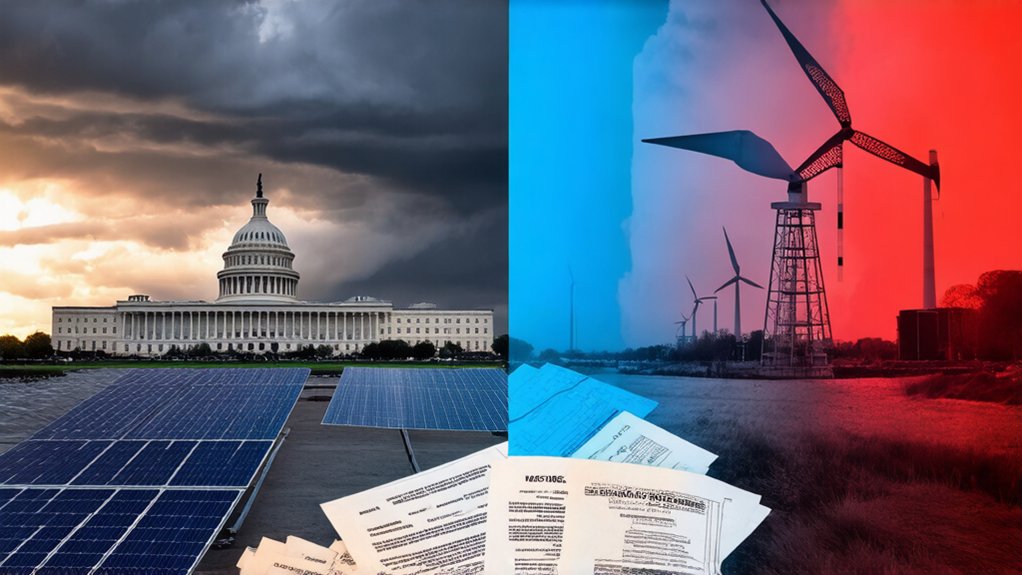Explosive allegations have rocked Meta as former employee Sarah Wynn-Williams steps forward with damning testimony about the tech giant’s dealings with China. She claims the company has been trading U.S. user data for business opportunities in the Chinese market. Pretty wild stuff from a company whose apps don’t even officially operate there.
According to Wynn-Williams, China represents Meta’s second-largest market globally. Let that sink in. SEC filings show substantial international revenue, but they’re not exactly shouting about where it all comes from. Meta’s been eyeing China since at least 2014, desperate to tap into that massive user base. Who wouldn’t want a billion new users, right?
Following the money trail reveals Meta’s quiet billion-dollar dance with China while keeping investors in the dark.
The most troubling allegations? Meta supposedly worked “hand in glove” with the Chinese government on censorship tools. Engineers raised red flags about data security risks, but leadership apparently couldn’t care less. Money talks, privacy walks.
These censorship mechanisms weren’t subtle either. “Virality counters” monitored content in China, Hong Kong, and Taiwan, with a chief editor reviewing flagged posts. Very Orwellian, very not cool.
Zuckerberg himself seems personally invested in the China strategy. The guy learned Mandarin, for crying out loud. That’s not just a casual hobby—that’s business planning with extra steps. The whistleblower testified that Zuckerberg was willing to compromise on national security just to gain entry to the Chinese market.
The whistleblower testimony includes accusations that Meta lied to Congress about data sharing practices and violated FTC consent decrees. National security implications? Absolutely. The allegations suggest American user data could be accessible to Chinese authorities through these dealings.
Meta’s AI model, Llama, reportedly helped Chinese AI company DeepSeek, raising more questions about technology transfer and cooperation. Internal documents reveal damning evidence that Meta planned to provide technical expertise to Chinese officials to help them compete against American tech companies.
If true, these claims represent serious ethical and legal violations with potentially far-reaching consequences. Meta’s apparent willingness to trade Americans’ privacy for market access might just be catching up with them. Too bad it takes a whistleblower for us to find out what’s happening behind closed doors.




